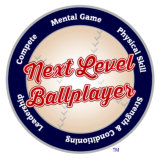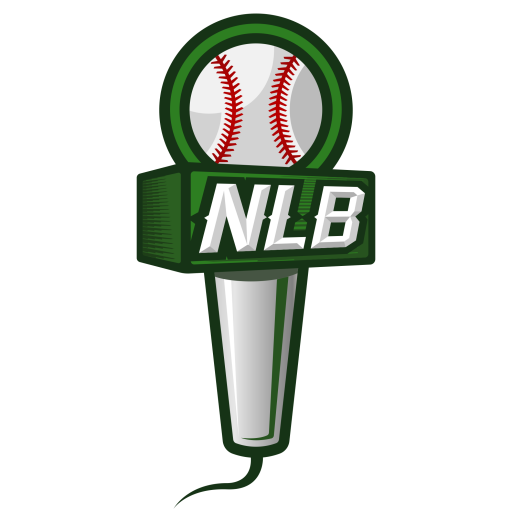Today in our Clubhouse Convos we have Howard Johnson, former New York Mets’ switch hitting All-Star and later their big league hitting coach. HoJo is currently third in Mets history in home runs, fourth in RBI, fourth in runs scored, third in doubles, and fifth in total bases. We appreciate HoJo taking some time to sit down with Next Level Ballplayer to talk about: what gave him his mental edge as a player, why “working the count” is a bunch of crap, his advice to players who want to switch hit, his biggest MLB accomplishment, the top 5 things on his bucket list and more.
Nickname: Hojo
High School: Clearwater (Clearwater, FL)
College: None
Drafted: 1st Round by Detroit Tigers in 1979
MLB Debut: 4/14/1982
Abbreviated Resume: Two time World Series Champion (’84 with the Tigers and ’86 with the Mets), Top 5 in MVP voting twice (’89 and ’91), Silver Slugger Award Winner twice (’89 and ’91), Mets’ hitting coach (2007-2010).
Best baseball lesson you learned early on that led to your success?
I learned how to practice the game by myself. When I learned that, I was able to create myself as a player. When I teach minor league and big league guys, that’s one thing I always try to instill in them. How to practice and do it efficiently so you are improving on something every day. That’s the core of everything- Being able to work on things and improve.
When did you know good enough to play in the big leagues?
Never really know until you make it, but I had the opportunity to play in front of scouts during high school in FL and they would tell me I had a chance to play pro ball.
What was one key to your success in high school?
Started lifting weights and paying attention to how to get the most out of my body. I didn’t worry so much about my numbers, just focused on physically and mentally building myself up to improve.
What gave you your mental edge as a player?
My ability to turn the page. To flush away bad things that happen. In baseball, there are way more bad things that can happen to you than good. You can do a lot of good things, but if you do something bad you tend to remember it more. You have to be able to learn from it and move on. The ability to turn the page is a big deal.
Is there anything specific you’d do to move on from an error or a bad AB?
Contemplate it a bit. Figure out if it’s a problem or just a part of the game. Come up with a solution in your mind and move on.
Was there something specific that you would do to get out of slumps at the plate?
Never one really one thing. The biggest thing is just keeping your emotions in check.
Describe mindset in the following places:
National anthem: Getting ready to play. Excited, nervous.
On deck circle: Emotionally aware and anxious.
Batters box: Quiet.
What are you’re thoughts about “working the count”?
What’s the objective when you come to the plate? To get a pitch to hit. That’s why you’re called a ‘hitter.’ What if the best pitch to hit is the first one? The umpire becomes more of a factor the deeper you get in the count. I want the ump involved as little as possible. Just me against the pitcher. The game has always been about hitting. You have to hit to score runs. When you go to the plate you should always be ready to hit. Some coaches try to make players better by having them work deeper in the count, but I think that’s a bunch of crap. A hitter should be ready to hit every pitch.
What advice would you give to players out there who want to switch hit?
I started when I was young. If kids want to do it, they need to do it while their still in little league, before they get into high school. Definitely the earlier the better. You have to have the parents and coaches accept the level of struggle and failure that comes with learning how to switch hit. There’s a reason why a lot of guys don’t do it- It’s hard.
How important was nutrition to you as a player?
It goes hand in hand with taking care of yourself physically. Giving your muscles what they need to regroup and get what they need to recover. It becomes especially important during a long season.
Did you have a favorite pre-game meal?
No.
Best part of being a Major League Baseball player?
Knowing that people watched you play and remember you as a player.
What was your biggest personal accomplishment in your career?
I’d say going 30/30 (HRs/SBs) three different seasons. Also leading the NL in HRs and RBIs in 1991 sticks out as an accomplishment I’m proud of.
What advice would you give aspiring ballplayers who want to take their game to the next level?
Be open minded to new ways of doing things. Figure out what works and what doesn’t. Stay with what works and then improve on your weaknesses. Instead of just doing the things you do well, work on the things you don’t do well so you can build total confidence as a ballplayer.
Bucket list
- See London
- Visit Italy
- Visit Australia
- Run a marathon (that’d be a miracle)
- Watch my son play in a big league stadium



